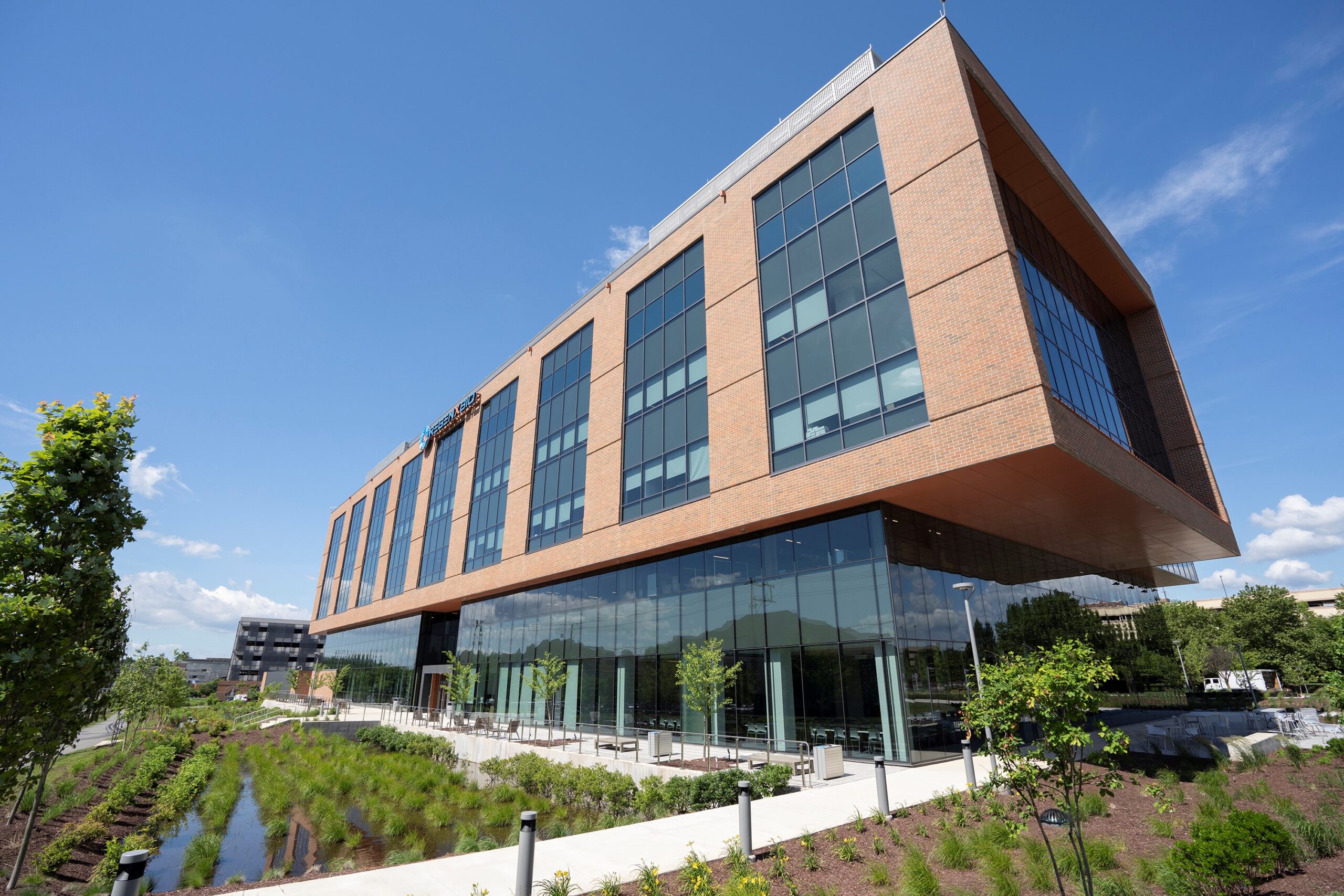
Regenxbio opens gene therapy manufacturing facility at its Maryland HQ
Regenxbio is pushing deeper into the gene therapy space with the opening of a new facility at its campus in the Washington D.C., suburb of Rockville, MD.
Built in a year, the $65 million, 132,000-square-foot GMP facility will enable the company to boost its manufacturing of NAV Technology-based adeno-associated virus, or AAV, vectors at scales up to 2,000 liters. The facility will also implement Regenxbio’s platform suspension cell culture process.
Unlock this article instantly by becoming a free subscriber.
You’ll get access to free articles each month, plus you can customize what newsletters get delivered to your inbox each week, including breaking news.